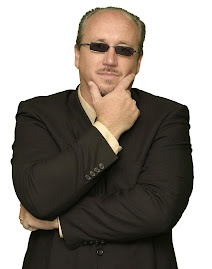Aristotle's thought ethics came from choosing to do GOOD rather than choosing to do BAD.
Rousseau thought ethics needed to be forced on you by an absolute authority or leviathan.
Hobbes thought ethics were determined by the majority and so we need a government to force that majority belief upon us to have a GOOD society.
Kant had a slightly different take on the nature of ethics. He didn't really care if we were born bad or born good. He though that all we need to do in order to be ethical would be to impose the "golden rule" on every decision we make. Think BEFORE you choose: "would I want this done to me if I were on the other end of this?" If I borrow money from you with NO intent of ever giving it back, would I want that done to me? If I sneak into your home and steal your 64 inch flat screen TV would I want someone to do that to me?
Kant believed that if EVERYBODY thought this way BEFORE they acted then society would be an ethical one. This sounds very rational and efficient but is practically impossible. We are selfish animals and so that battle must be won first. When we win over our selfishness then we get into the rationalization problems inherent in the system. What if I steal from you to feed my family? What if I steal from you because you have so much more than I do? What if I steal from you to give to those who don't have any? Once we get past the selfishness issue and the rationalizing issue then we are left with the ability to make this simple choice of the golden rule.
I believe that Jesus, who espoused the golden rule, had an even better one that people keep forgetting. Call it the platinum rule: "Love God and Love your neighbor." If every decision you made you would not only ask yourself: "would I want this done to me?" ask Kant says; but would also ask "Does this show my love for God or my love for my neighbor?" then you would be an ethical person if you can answer yes to those questions on every decision.
Kant was right but didn't go far enough, Jesus takes us the rest of the way.
Friday, November 12, 2010
Where do Ethics come From? Part 3
Labels:
decision making,
ethics,
God things,
love others,
philosophy,
truth
Subscribe to:
Post Comments (Atom)

No comments:
Post a Comment